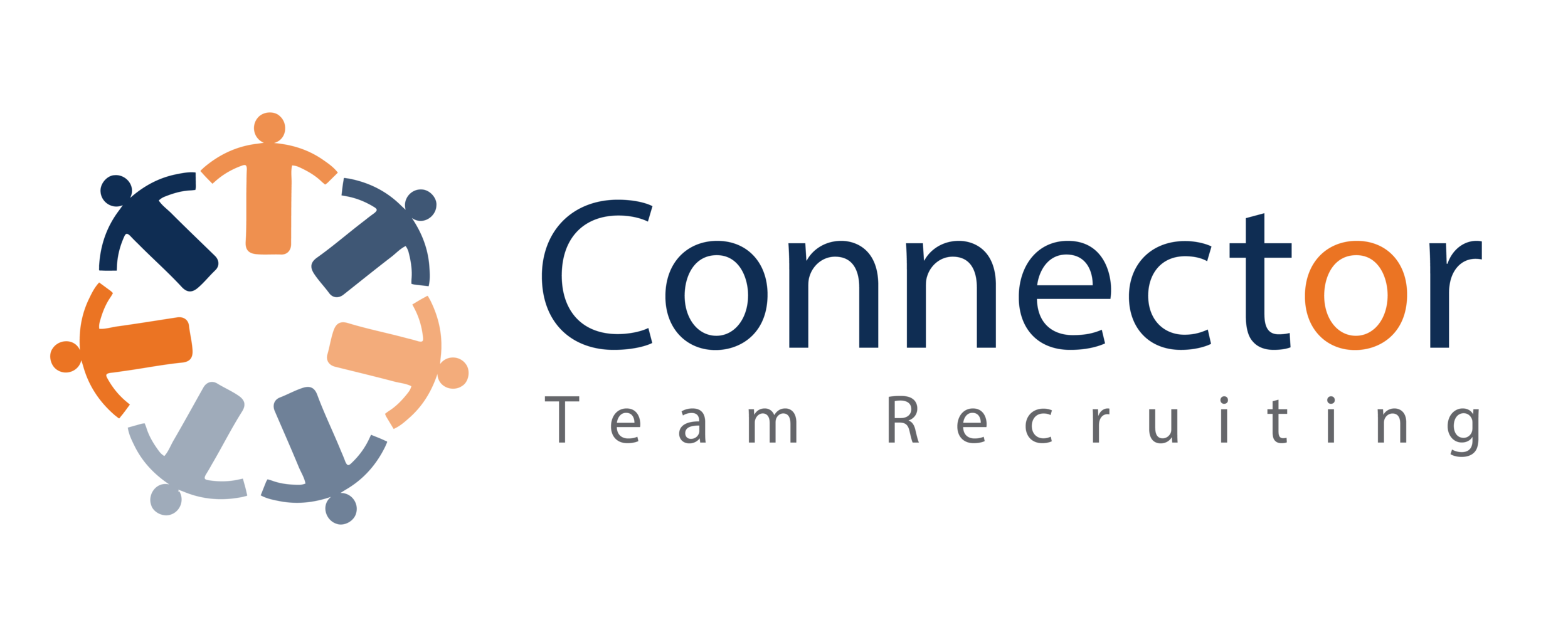The importance of succession planning in today’s labor market cannot be overstated. It is a strategic necessity that promotes organizational resilience, fosters employee loyalty, and ensures a competitive edge in a tight labor market. Companies that recognize and implement comprehensive succession planning across all levels are better positioned to thrive amidst uncertainties and seize growth opportunities.
Addressing the Talent Shortage
With a noticeable gap in skills across various industries, organizations are increasingly vulnerable to talent shortages. Effective succession planning ensures that there are always skilled employees ready to step up, thereby mitigating the risk associated with sudden departures and hard-to-fill roles.
Adapting to Rapid Technological Changes
As technology evolves, so do job roles. Regular succession planning helps organizations stay agile by fostering a culture where continuous learning and adaptation are prioritized. It prepares employees to handle evolving roles and technologies, keeping the company at the forefront of innovation.
Enhancing Employee Engagement and Retention
Employees are more likely to stay with a company that invests in their growth and development. Succession planning is not just about preparing the next in line for leadership roles; it’s also about showing all employees a clear path forward. This enhances engagement and boosts retention, which is vital in a market where competition for top talent is fierce. The Furniture Industry continues to be a highly competitive retail sector with many of our clients still saying they are running at short staff in both sales, interior design and support roles.
Preserving Institutional Knowledge
When seasoned employees leave without passing on their invaluable knowledge, it can lead to significant operational disruptions. Through systematic succession planning, organizations can ensure that critical knowledge is transferred effectively, thus preserving institutional memory. I call this corporate memory for short, and in any specialty industry like home furnishings it continues to be super important.
Improving Business Continuity
Succession planning at all levels ensures that an organization can maintain operational effectiveness in the face of personnel changes. This is particularly crucial in today’s market, where the pace of change is rapid and the cost of disruption can be high.
Promoting Diversity and Inclusion
A well-structured succession planning process can promote diversity and inclusion by creating opportunities for individuals from varied backgrounds to move into leadership roles. This not only enhances decision-making through diverse perspectives but also reflects positively on the organization’s commitment to equitable growth. This happens naturally since you will be recruiting from the demographics around your store, plant or distribution center location.
Structured Planning Process
Like with any great program it takes time and attention to the details and that means conducting performance reviews, nine box evaluations to identify the high potential employees. I encourage this to occur on a semi annual process. This does not mean you have to rate your teams every 6 months, it does mean leadership needs to come together and update the action plans twice a year.
ADDED BONUS
The value of Internships and Apprenticeships and Manager in Training programs
If you are not taking advantage of Internships, apprenticeships, and Manager in Training programs you should consider them because they provide benefits for both throughout the organization. Participants gain valuable experience, skills, and potential job opportunities, while organizations can develop a skilled workforce, enhance innovation, and improve their talent pipeline. These programs are integral to professional development and organizational growth.
In my past business experience in the Furniture industry, I developed an MIT program back in the mid 80’s visiting college campuses in Los Angeles and recruiting new talent into one of my early companies when I was a regional manager. I will never forget some of those bright people that were hired and in fact a number of them are still in the furniture industry today.
Today I would recommend not just taking advantage of the local community Colleges and Universities in your area but also speaking to the local Junior and Senior High School classes.
This is a great way to take a positive step in integrating the next generation of workers with industry-specific training programs.
Here are five immediate benefits you can expect from this type of program.
Talent Pipeline
Fresh Perspectives
Cost-Effective Labor
Enhanced Employer Brand
Employee Development
I feel very strongly that MIT programs are especially valuable in today’s competitive labor market. It;s a great way to inject a steady supply of competent managers. Well-trained interns, apprentices, and MIT participants can also increase productivity by taking on tasks that allow more experienced employees to focus on higher-level responsibilities.
FREE DOWNLOAD!
24 Hiring Tips for 2024
Bill O’Malley is President of Connector Team Recruiting a firm headquartered in Charlottesville, Virginia specializing in the Furniture | Appliance and Sleep verticals. Connector Team is a full-service Search Firm offering permanent placement recruiting and interim staffing solutions.
Feel free to contact Bill at bill@connectorteamrecruiting.com.
© 2023 Connector Team Recruiting




